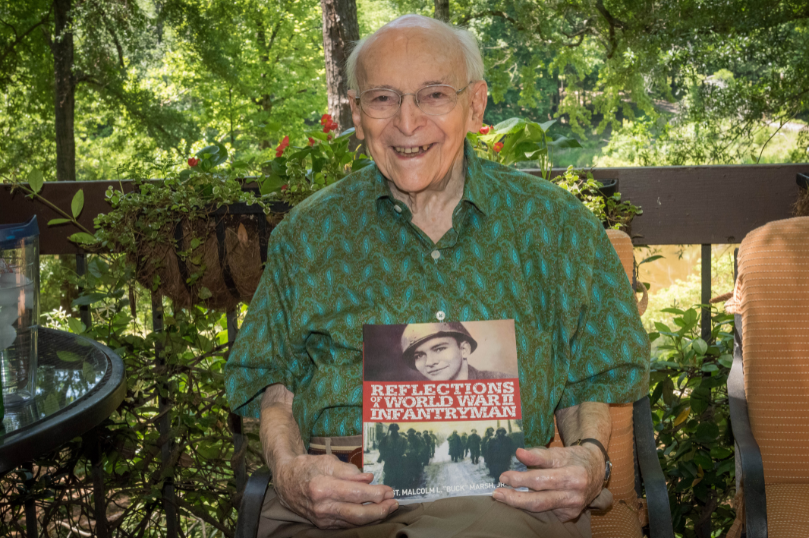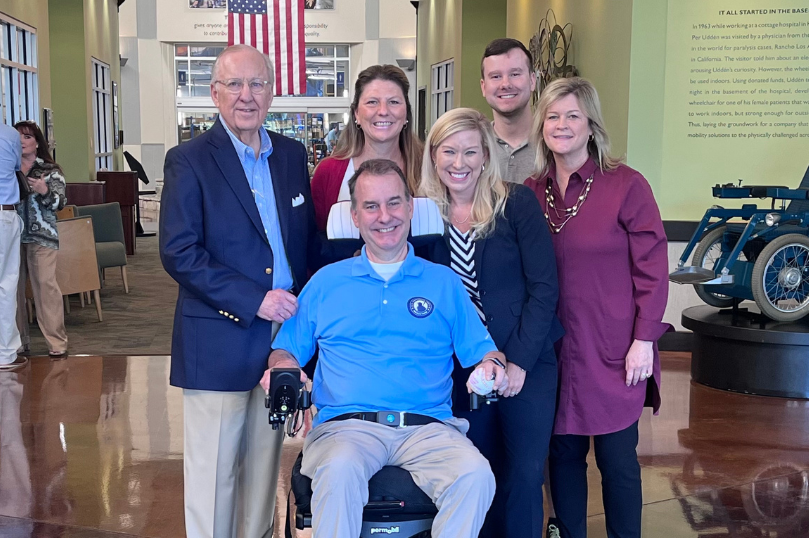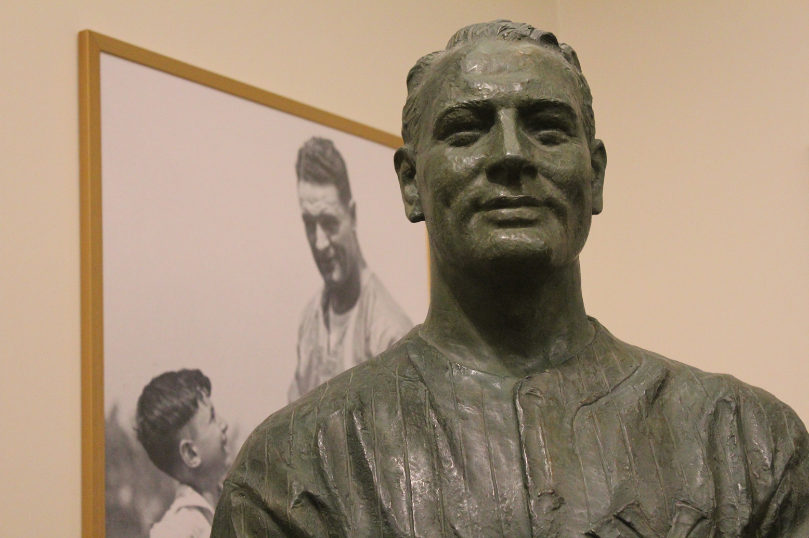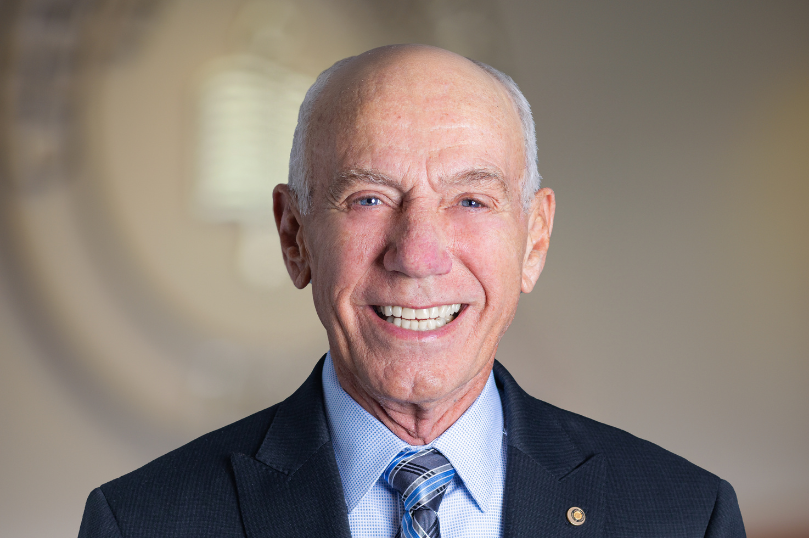In the Winter 2020 edition of The Scroll, Phi Delta Theta featured the People of Phi Delt 2030, a collection of stories that personify the strategic initiatives of the Fraternity’s new strategic plan.
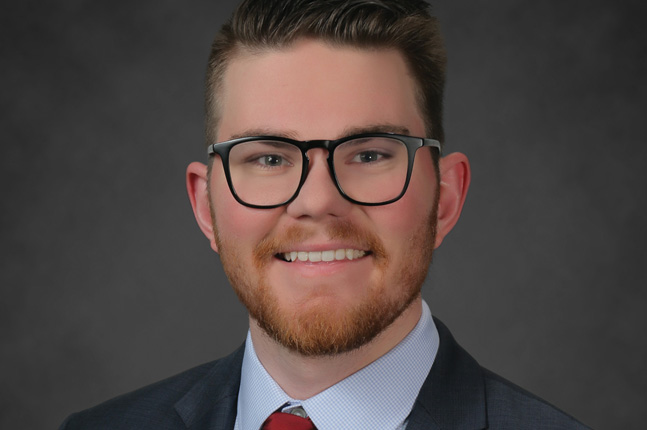
Member Development
Written by Grayson Burrow, Colorado State ’18
After graduating from college, I seriously considered pursuing a GHQ leadership consultant position. After doing some initial research, I determined that the timing wasn’t quite right and decided to find an internship in my field.
After the internship ended, I was in a quandary about what to do next. About this time, I received a phone call from Rho North Province President Brandon Clark, Northwest Missouri State ’12, asking if I would consider a one-year stint as a live-in leadership adviser at Southern Methodist University.
I decided to apply and within three days, and after several interviews, I was offered the job.
My two major concerns arriving in Dallas were that SMU alumni may not support current General Headquarters policies and that the Texas Delta guys would not respect me (being so close in age).
The first concern was immediately overcome when I met the three alumni advocates: Mike Bristol, ’77, Kent Krause, ’79, and Tom Sabin, ’79. These gentlemen were staunch supporters of the live-in leadership adviser in addition to the many policies of the General Fraternity promoting the health and safety of its members including alcohol-free housing and zero tolerance for hazing.
Second, was garnering the respect of the undergraduates and the current officers. Because the alumni were so involved and there was a mutual respect among alumni and students, I was introduced and quickly brought into the weekly meetings with alumni, executive board, and chapter meetings. I was presented as the respected authority in the house for the coming school year.
Because I chose not to seek a part-time job in addition to my live-in leadership adviser responsibilities, I was available 24/7 to the chapter. I set up introductory meetings with all officers and suggested regular improvements to meeting procedures, transitions, and general day-to-day responsibilities.
I built a strong relationship with both chapter presidents by getting together after chapter meetings and discussing ways to improve upon the performance from the last meeting and saw great strides in personal leadership of the presidents.
My presence in the house and being able to consult with chapter management, and the opportunity to collaborate with officers and alumni resulted in excellent outcomes for SMU undergraduates.
I am an advocate for the value a live-in leadership adviser brings to a chapter. I believe success requires supportive alumni, undergraduates that respect the role, and a leader willing to give 150 percent to the tasks, do the hard things to keep everyone on track, and serve as the even and steady positive influence in the house.
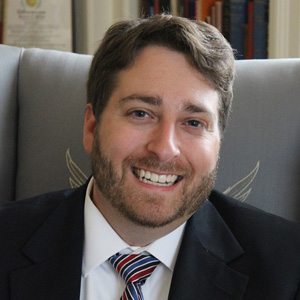
Written by Andrew Laporte, Phi Delta Theta Director of Housing & Facilities
As you can see by Brother Burrow’s endorsement of the live-in leadership adviser role, the Fraternity continues to work toward greater compliance aimed at risk prevention at the chapter level. Other health and safety initiatives require making physical structures safer, more suited to educational and leadership endeavors, eco-friendly, often leading to less insurance claims. Increased communication services available to chapters will assist in each chapter’s communications and efforts to improve or rebuild properties.
Mental health and outreach at the member level are also priorities of Fraternity leadership. Programming and resources are being designed to promote positive mental health, connect members to a variety of mental health resources, and develop a resource aimed to equip high school students transitioning to college in a healthy and fulfilling way.
It is the goal of the Fraternity to be the leader in safety among its members and be recognized by host institutions as such. In addition, the Fraternity will seek accreditation and recognition of its health and safety programs.
Just as SMU’s success with their live-in leadership advisers led donors to support the goal to have a live-in leadership adviser at every eligible House Corporation, we hope that these other health and safety initiatives provide foundational support to its alumni volunteers and house corporations, resulting in the safest chapter facilities and healthiest undergraduates on college campuses in the next ten years. Strengthening this foundation of the Fraternity and the fraternity experience leads to greater member development, stronger recruitment, and better engagement with all our partners.


